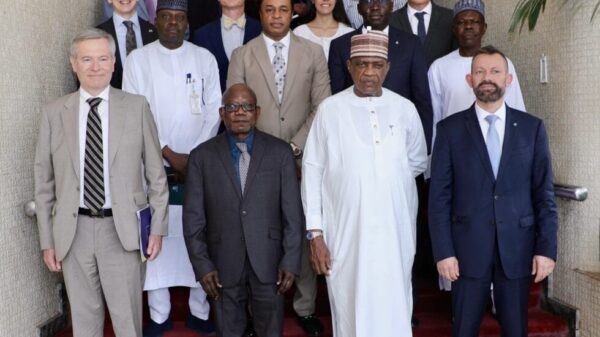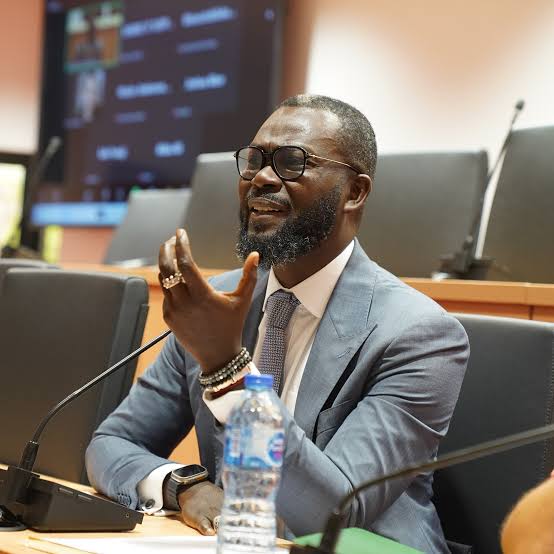The United Nations Office on Drugs and Crime (UNODC) says Nigeria is making progress in combating corruption, with more citizens rejecting the practice and demanding accountability.
UNODC Country Representative Mr Cheikh Toure, speaking at the 2024 International Anti-Corruption Day commemoration in Abuja cited a recent national corruption survey showing encouraging signs of progress.
The event’s theme was “Uniting with Youth Against Corruption: Shaping Tomorrow’s Integrity.”
According to Toure, a significant 70 per cent of Nigerians, including youth, have refused to pay bribes on at least one occasion, as reported in the UNODC national corruption survey.
“Collective efforts have yielded tangible results, with the rate of negative consequences for refusing to pay bribes decreasing from 49 per cent in 2019 to 38 per cent in 2023.
Toure also noted a nearly threefold increase in formal procedures against corrupt public officials, rising from 16 per cent to 45 per cent between 2019 and 2023.
“This statistic is not just a number; it represents a growing culture of integrity and resistance against corruption.
”Moreover, 42 per cent of respondents refused to pay bribes simply because it was “the right thing to do.
“This moral stance is the foundation upon which we must build our anti-corruption efforts.
”We’ve also seen a significant increase in the willingness to report bribery incidents, more than doubling from 3.6 per cent in 2019 to 8.6 per cent in 2023.
‘This surge in civic responsibility is partly due to the increased accessibility of complaint channels, including social networks, websites, and apps.”
Toure emphasised that in spite of the positive developments, there was still much work to be done, stressing the need to further foster integrity, transparency, and accountability in the public sector.
He called for the empowerment of youth to be an integral part of the solution, quoting Felipe Paullier, the Assistant Secretary-General for Youth Affairs, who noted that “corruption impacts young people disproportionately.”
He said, “Our collective efforts are yielding tangible results. The rate of negative consequences for refusing to pay bribes has decreased.
“These figures demonstrate that our institutions are taking complaints more seriously and are more willing to act on them,’’ Toure added,
He said that it diminished resources for education, healthcare, social development, and climate action, and stifles creativity, limits job prospects, and even affects the fairness of sports and public life.
However, he expressed hope, saying that young people were not merely victims of corruption but powerful agents of change.
He said, “Across Nigeria and around the world, young people are organising in their communities, promoting accountability, and advocating for ethical behaviour.
” They are natural innovators, leveraging new technologies like blockchain and artificial intelligence to increase transparency and combat corruption,” Toure added,
Toure urged policymakers, educators, civil society, and the private sector to give youth a seat at the table, listen to their voices, and involve them in decisions that shape their future.
He encouraged young people to demand accountability, share their innovative solutions, and lead by example in their communities.
The UNODC representative stressed that the fight against corruption was not the sole responsibility of the government or anti-corruption authorities.
He emphasised that it required the collective effort of all stakeholders – women, youth, civil society organisations, the private sector, and youth leaders.
“Each of us has a crucial role to play,” he maintained.




























